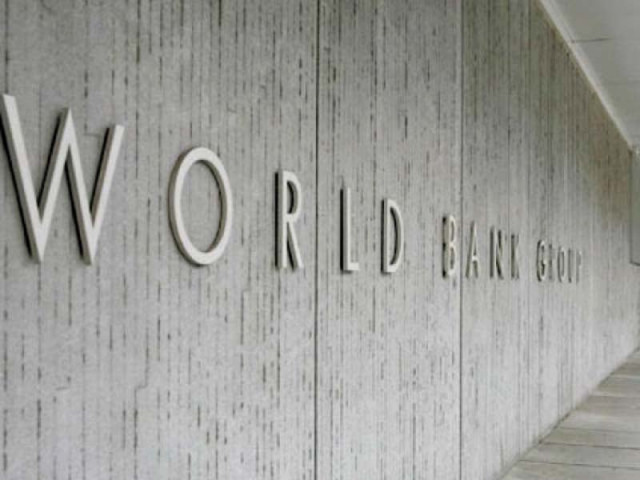World Bank opposes placing NEPRA under power ministry’s control
Writes letter to Ministry of Finance to disapprove of government’s move

The government has recently transferred administrative control of five key regulatory bodies to respective ministries from the Cabinet Division, which has sparked extensive debate and it has also been challenged in court. PHOTO: FILE
For years, multilateral donors have been insisting that the government ensures that autonomy of the regulators is protected. Now, the World Bank has joined the chorus and conveyed its opposition.
“The World Bank has written a letter to the Ministry of Finance against the placement of Nepra under the Ministry of Water and Power,” a senior official of the power ministry said while talking to The Express Tribune.
Spokesperson for the World Bank was not available when approached for comments. The spokesperson was also sent text messages, but no response came.
The government has recently transferred administrative control of five key regulatory bodies to respective ministries from the Cabinet Division, which has sparked extensive debate and it has also been challenged in court.
These regulators had been placed under the Cabinet Division by various governments in the past in a bid to ensure their independence in decision-making.
However, the previous Pakistan Peoples Party (PPP) government, during its tenure from 2008 to 2013, also tried to transfer control of the regulators but it could not succeed.
Experts suggest that the current government’s move is particularly targeted at the energy regulators - Nepra and the Oil and Gas Regulatory Authority (Ogra) - that have consistently refused to implement the policy guidelines designed by the government to burden the honest consumers that have been paying their energy bills regularly.
The key move was initiated by Water and Power Secretary Younus Dagha. In scores of meetings chaired by the prime minister, he complained against Nepra, saying the regulator was not performing its duties according to its mandate, which would have adverse implications for the power sector.
The secretary suggested amendments to the Nepra Act in order to make government’s directives binding on the regulatory authority.
An official of the power ministry said Nepra had set tariffs against recommendations of the ministry for different power projects that were awarded to Chinese companies.
Additionally, he said, the regulator also refused to allow higher tariff for the Nandipur power plant, which upset the water and power ministry.
A committee, headed by Ashtar Ausaf and constituted in 2015, had also proposed that Nepra and Ogra may be placed under supervision of the relevant ministries.
In a meeting chaired by Prime Minister Nawaz Sharif on February 22, 2016, Dagha claimed that the power-sector regulator was delaying public-sector projects and asked the premier to make amendments to the Nepra Act to clearly set out its role and responsibilities.
He suggested that the federal government should frame a national electric policy in consultation with the provincial governments and prepare strategic plans to empower itself to issue policy guidelines to Nepra for handling the urgent issues being faced by the government.
He also pointed to limitations of the current legal framework called the Regulation of Generation, Transmission and Distribution of Electric Power Act 1997, under which Nepra was working.
The Ministry of Water and Power refused to respond to repeated requests for comments.
Published in The Express Tribune, December 30th, 2016.
Like Business on Facebook, follow @TribuneBiz on Twitter to stay informed and join in the conversation.



















COMMENTS
Comments are moderated and generally will be posted if they are on-topic and not abusive.
For more information, please see our Comments FAQ